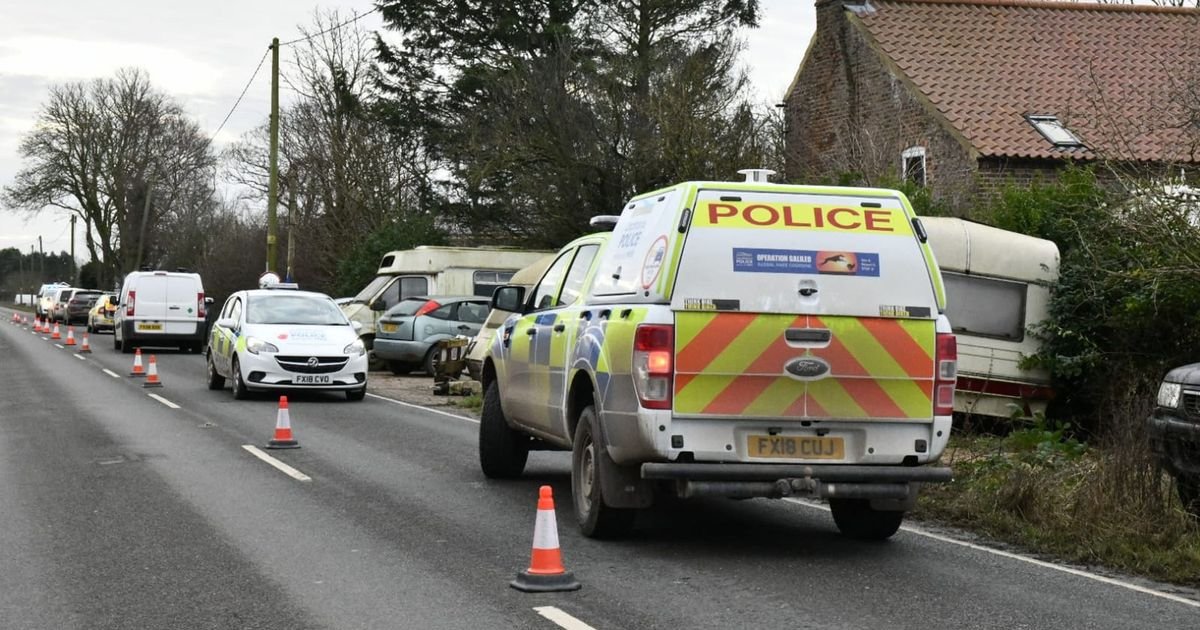But RSPCA will seek statutory powers under the Animal Welfare Act.
The RSPCA has recently announced that they are withdrawing from their prosecuting role by ending private prosecutions of animal cruelty offenders as part of their new Together for Animal Welfare 2021-2030 Strategy Plan. Considering that they instigate 95% of all the prosecutions taken under the Animal Welfare Act 2006 this leaves quite a vacuum to fill particularly when the police and government have relied on them for so long to do this work for them.
This decision, although not stated, is no doubt influenced by the fact that it costs tens of millions of pounds to take these actions and the Covid-19 pandemic has restricted their funds to the point where they have made hundreds of staff redundant and closed many of their facilities.
This announcement will please many MP’s, judges and certain sections of the legal profession who have long been uncomfortable about the RSPCA prosecuting and have repeatably campaigned to stop them. In 2016 the Commons environment, food and rural affairs committee said the charity should only bring cases to court in exceptional cases. And it will of course be of great news and a relief to all those involved in animal abuse.
RSPCA inspectors will continue to investigate.
But the RSPCA are pointing out that their inspectors will “still be rescuing, investigating and collecting evidence of cruelty and abuse and seeking to hand this over to the CPS and we would like to reassure the public that we would not step back from the role of prosecuting unless we are assured that the CPS has the commitment, the resources, and the expertise to make sure that animals continue to get the justice they deserve.”
The use of the word seeking does not give much confidence that the over stretched Crown Prosecution Service (CPS) and the Police will give much priority to animal welfare prosecutions There is also scope for a great difference in opinion and interpretation between professional legal minds and empathetic animal welfare professionals as to what cases should be subject to prosecution which will result in a low priority being given to animal welfare cases. At the moment the CPS do not seem that keen on the idea.
Will cases ever reach the courts without the RSPCA
On the surface this all seems rather alarming for the future welfare of English and Welsh animals but confusingly the RSPCA have also stated that “We will work with governments in Westminster and Cardiff to achieve statutory powers for our inspectors under the Animal Welfare Act 2006”. This means that they will endeavour to persuade the Governments to give their inspectors similar powers of entry and seizure as the Police and local authority inspectors.
This blog has pointed out many times before that other countries like Australia, New Zealand and the USA have successfully given such powers to animal charity officers, but the RSPCA have always been very tentative on this subject before because of paranoia in the media and a backlash from the legal profession. In 2015 they stepped back from prosecuting hunting because they feared media attention would affect their reputation.
The Government recently raised the maximum punishment for animal cruelty to 5 years imprisonment and increased the fines to much acclaim and fanfare but for what purpose if the cases never reach the courts.

